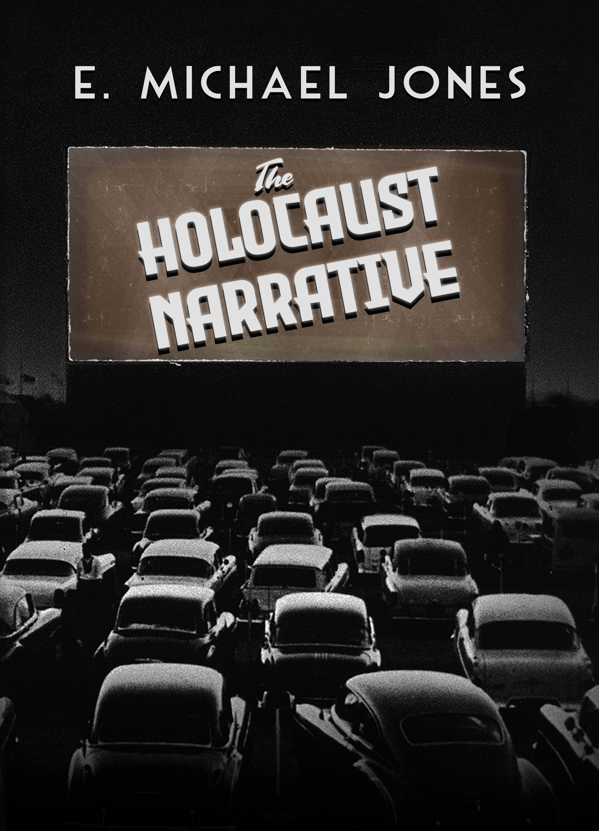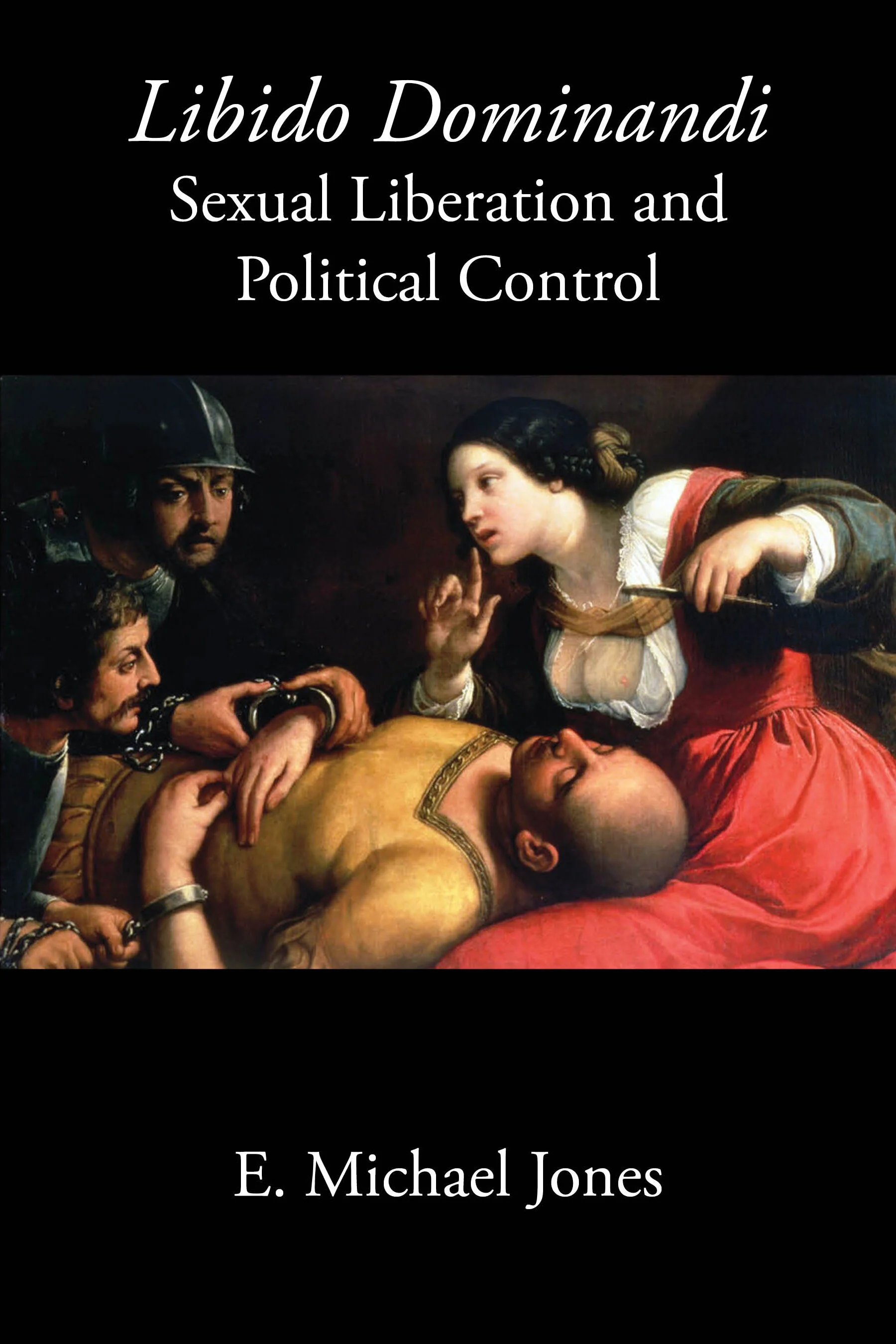Emerita Professor: Anne Barbeau Gardiner (1938-2020)
/Many readers of Culture Wars will know the name of Anne Barbeau Gardiner, who died suddenly at her home in Brewster, NY, on October 19, 2020. Over several years Anne wrote articles of great quality for Culture Wars. But then she wrote so many books, articles and book reviews for many publications. A glance at an academic website revealed no fewer than 176 items under her name. Already, at least two major journals have published tributes to her. I wish to do the same here, particularly since Anne’s great humility and self-effacing nature has resulted in her not being as well known as she should have been. As a mutual friend of ours once wrote to me, “She is that rare combination of a great intellect coupled with modesty and real Catholic devotion.”
Anne Marie Therese Barbeau was born in Manchester, NH, on June 27, 1938.
Anne attended Catholic elementary (French-Canadian) schools in the Manchester area, and graduated from Villa Augustina Academy (Goffstown, NH). She earned a bachelor’s degree from the University of New Hampshire-Durham, and in 1968 a doctorate degree in English Literature from the City University of New York (CUNY). Anne was a Professor (later an Emerita Professor) of English Literature at City University of New York from 1970 until her retirement in 1996. Anne married Thomas (Tom) J. Gardiner in July 1980, at St. Gregory-the-Great Church in New York City. Anne and Tom were married for only seventeen years. He died in June, 1997. Anne lived near Brewster by herself for the last twenty-three years of her life.
I first met Anne in 2009. I had worked for five years with the eminent priest/physicist Father Stanley Jaki. Anne was a friend of his and had corresponded with him over several years. When he died in 2009, I informed Anne, whom I had never met, of his death and this led to a long correspondence with her right up until her death. A smile comes to my face when I think of how she always addressed her e-mails to me as coming from “your sister in Christ.” I had the privilege of meeting her both in my own home country of England (she visited Oxford most years in order to do research in the Bodleian Library) and in the United States. During that time I had the benefit of much good advice relating to my own writings and her wonderful conversational skills. She wrote very detailed but very generous reviews of my two books on converts to the Catholic faith.
Regarding the faith itself, I am in awe of her truly Catholic integrity, product of a truly Catholic education. She herself expressed it in an e-mail to me on one occasion:
All my ancestors were Catholic. Jean-Francois Barbeau, the first one to come to Quebec in the 1680s, came as an officer from Pons (southern France, near Spain) to fight the American English! And I was raised by French nuns in a French boarding school in Hudson, New Hampshire, where 17th-century Catholicism was seen as the golden age! Honestly, I never knew a Protestant till I was around eighteen.
When in full health Anne was a daily communicant at her local church and offered up her rosary every day. The wife of a friend of mine thinks Anne Gardiner may have been the most Christ-like person she’s ever met. I’m afraid I’m definitely not qualified to say, but I certainly wouldn’t disagree.
Anne was a distinguished, prolific and passionate writer and author. Her two main books were published by distinguished firms. The first, Intellectual Design of John Dryden’s Heroic Plays by Yale University Press in 1970, the second, Ancient Faith and Modern Freedom in John Dryden’s The Hind and the Panther, the story of Dryden’s conversion, by Catholic University of America Press in 1998. Over a period of fifty years, she wrote hundreds of articles related to English writers, such as Milton and Swift, as well as on Catholicism generally and Catholics of the seventeenth century. Her articles and reviews were published in many journals, such as the Cambridge Review, Latin Mass Magazine, New Oxford Review, First Things, Fellowship of Catholic Scholars Quarterly, Christian Order, and, of course, Culture Wars. In 2020 she continued to submit articles for publication and some remain to be published. Prior to 2010 Anne was also on many panels at national and international conferences. She was also made a life member of the Royal Stuart Society in my country in recognition of her lectures and articles supporting the Jacobite cause.
It is both the depth and the range of subject areas on which Anne published, which is astonishing. The following topics will give some indication of this, note the following, all the subject of detailed analysis by her: The First Crusade; St. John Fisher; Dante; St. John Henry Newman; the Japanese Martyrs. In addition, I was always amazed at how she could face reviewing some dreadful texts on such things as so-called Catholic feminism, abortion, and what she referred to in the title of one article as “Transgenderism’s Wicked Lies.” She pitched into a critique of Islam on several occasions, put forward objections to certain aspects of Darwinism, showed up the naivety of such as Richard Dawkins and Christopher Hitchens, and criticized the approach of a number of Catholic dissenters. She tackled the older heresiarchs, Martin Luther and John Calvin. Another prime target was the subject of eugenics and notably the figure of Margaret Sanger. Anne was also prepared to tell the truth about the crisis in the Catholic Church today. While recognizing the importance of papal authority, she was understandably concerned about the many ambiguities in Pope Francis’s statements. She also fully understood a principal cause of the problems in the Church, namely the influx of clerical homosexuality within the higher ranks of the Church. In this context she reviewed very positively a new translation of St. Peter Damian’s preaching against priestly homosexual activity in his Book of Gomorrah. As can be seen from the last title, Anne was never hesitant about tackling unsavory topics, such was her zeal for the truth. This explains her article in the New Oxford Review entitled “Why Does Dante Consider Sodomy Worse than Homicide and Suicide?”
Anne was also a contributor to weighty academic texts, notably Restoring Nature: Essays in Thomistic Philosophy and Theology, a symposium containing contributions from such eminent figures as Fr. Benedict Ashley, William E. Carroll, and Ralph McInerny. Before her death Anne finished a review of Clerical Sexual Misconduct: An Interdisciplinary Analysis, edited by Jane F. Adolphe and Ronald J. Rychlak, which she judges as outstanding and “a frank, no-holds-barred approach to the homosexual priests’ crisis.” She applauds the way it “deals honestly with the causes of the homosexual crisis of priests in the Catholic Church preying on adolescent young men mainly of ages 13 to 17.” The review will be published in due course. She had also finished translating a booklet from the French for the author, a nun, Sister Francoise Breynaert on the Second Coming, addressed to Muslims. The booklet is coming out in French and in English very soon.
For several decades, Anne was involved extensively in ministering and advocating for dozens of individuals on death row in many states. A nun suggested that ministry to her and became Anne’s mentor. Anne engaged some correspondents for more than ten years! Anne would write letters to editors and initiate contact with state officials on matters related to inadequate services or insufficient, inadequate or questionable legal representation, as well as questionable action or inaction by prosecutors. Even though in her last year or so she was limited to the home, she continued her ministry of correspondence with 31 prison inmates until her death. The week before she died, she joyfully received the Sacrament of Anointing of the Sick and Holy Communion.
Let me finish by quoting two passages that I received from Anne, both hopefully highly relevant. The first relates to the subject on which I have written much, namely conversions to the Faith, and ends with some good advice on living:
Did I send you this beautiful passage from Abraham Woodhead on the steep cost of conversion: “If yet further, by reason of the persecution of such a Religion in the place where he lives, such a convert hath an occasion also offered him of leaving Father or Mother, Friends or Fortunes, and among the rest not the least, his Reputation and good Name, in being esteemed a Turncoat, an Apostate, a Seducer, to embrace again, in the Religion he turns to, nothing but Crosses and Fastings, Confessions and Penances, Resignation of Judgment, strict obedience to the Church’s, as well as God’s Laws, and many more hardships set before him, if he purposeth to arrive at perfection; for a true enlightened Judgment, I say, will here consider: that this is one of the greatest Honours that his Divine Majesty could do him upon earth, and a happiness next to Martyrdom.” (from Considerations on the Council of Trent [1671], p 248)
I get chills whenever I reread this passage. Another thing he wrote that I can never forget is that one should never justify himself when he is criticized, even if that criticism is wrong, for he might discourage the other person from criticizing him again and thereby lose a source of amendment. (What an example of humility!). A third thing he taught me is that when something is an inconvenience to you, but a necessity for another, you must do it.
The second is on the subject of death itself. Anne referred to this in an e-mail in a way that summed up her own thoughts and which I find very moving:
I was just rereading Browning’s poem “Prospice” this morning, before sending it to one of my correspondents on death row. What Browning says here about resolve and fortitude applies to the last part of our lives, not just to the process of dying. Like him, I don’t want to be drugged when I die: “I would hate that Death bandaged my eyes ... and made me creep past.” This stance is so much better than Dylan Thomas’s “Do not go gently into that good night, Rage, rage against the dying of the light.” I suppose one might say Browning’s is a “muscular Christianity,” but hey, that’s what we need today!
Requiescat in pace.
This is the full article from the February 2021 Issue of Culture Wars magazine. If you appreciate the work we are doing, please purchase a digital download of the magazine, or become a subscriber!








